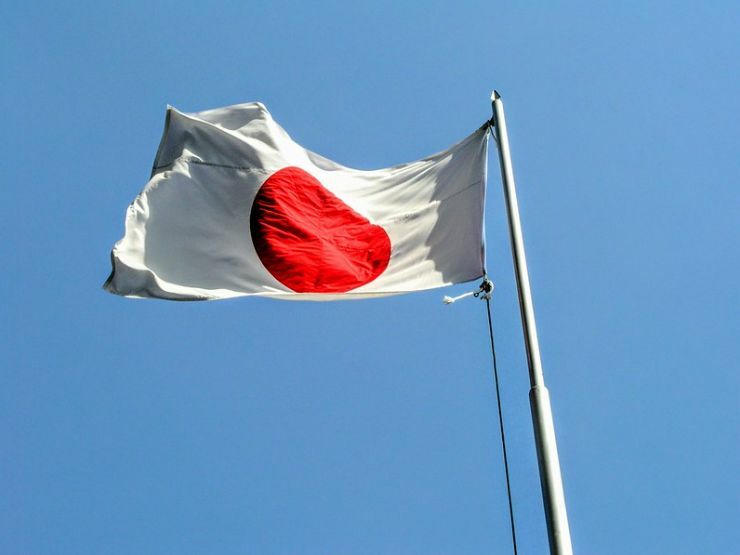Japan ramps up G7 security after PM attack and Abe assassination

Japan is ramping up security measures for the G7 summit in Hiroshima, deploying around 24,000 security personnel to ensure the safety of the event. The increased security comes in the wake of an attack on Prime Minister Fumio Kishida last month and the assassination of former Prime Minister Shinzo Abe in 2022.
Patrolling police have been visible in the city’s Peace Park, while security personnel are monitoring the river alongside the Atomic Bomb Dome. Helicopters have also been conducting regular patrols overhead. The heightened security measures have extended to other areas, including Tokyo, with messages on the train system warning of increased security for the summit.
Public areas in major cities across Japan have seen rubbish bins sealed off, coin lockers at train stations put out of operation, and vending machines on subway platforms unplugged and taped off. In Hiroshima, signs throughout the city and hotels inform residents and tourists of the summit-related disruptions, including street closures and restricted access to the island of Miyajima, reported Channel News Asia.
Several schools and institutions have chosen to close during the summit, as reported by local media. The security measures are under close scrutiny, particularly after the assassination of former Prime Minister Shinzo Abe in Nara and the recent attack on Prime Minister Kishida in Wakayama. The head of Japan’s National Police Agency and the local police chief resigned following Abe’s assassination due to confirmed “shortcomings” in security arrangements.
Prime Minister Kishida has directed the police to augment security at the G7 summit to ensure a peaceful and worry-free visit for attendees. The summit will host leaders from G7 member countries, including Japan, the United States, Canada, Britain, France, Germany, Italy, and the European Union, as well as invited guests like Brazilian President Luiz Inacio Lula da Silva and Indian Prime Minister Narendra Modi.
Latest Thailand News
Follow The Thaiger on Google News:
























